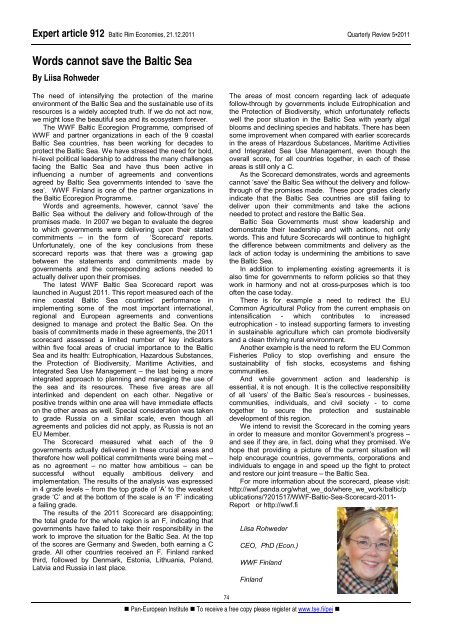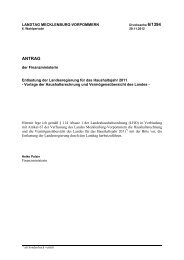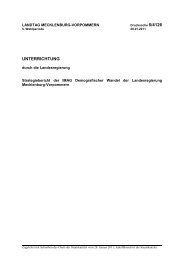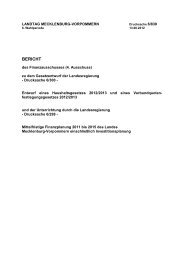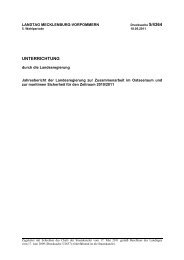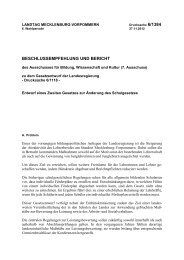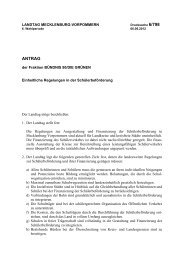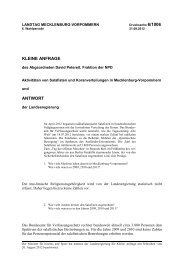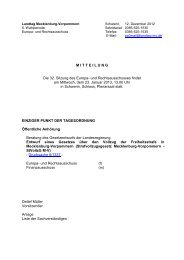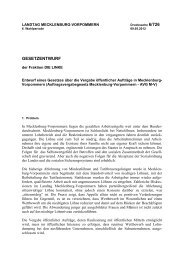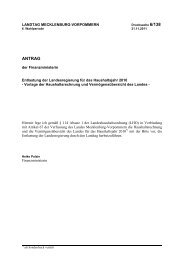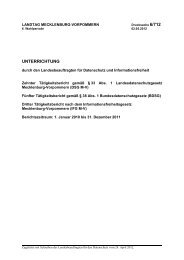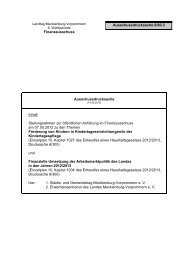Baltic Rim Economies - Baltic Port List
Baltic Rim Economies - Baltic Port List
Baltic Rim Economies - Baltic Port List
Create successful ePaper yourself
Turn your PDF publications into a flip-book with our unique Google optimized e-Paper software.
Expert article 912 <strong>Baltic</strong> <strong>Rim</strong> <strong>Economies</strong>, 21.12.2011 Quarterly Review 5�2011<br />
Words cannot save the <strong>Baltic</strong> Sea<br />
By Liisa Rohweder<br />
The need of intensifying the protection of the marine<br />
environment of the <strong>Baltic</strong> Sea and the sustainable use of its<br />
resources is a widely accepted truth. If we do not act now,<br />
we might lose the beautiful sea and its ecosystem forever.<br />
The WWF <strong>Baltic</strong> Ecoregion Programme, comprised of<br />
WWF and partner organizations in each of the 9 coastal<br />
<strong>Baltic</strong> Sea countries, has been working for decades to<br />
protect the <strong>Baltic</strong> Sea. We have stressed the need for bold,<br />
hi-level political leadership to address the many challenges<br />
facing the <strong>Baltic</strong> Sea and have thus been active in<br />
influencing a number of agreements and conventions<br />
agreed by <strong>Baltic</strong> Sea governments intended to ‘save the<br />
sea’. WWF Finland is one of the partner organizations in<br />
the <strong>Baltic</strong> Ecoregion Programme.<br />
Words and agreements, however, cannot ‘save’ the<br />
<strong>Baltic</strong> Sea without the delivery and follow-through of the<br />
promises made. In 2007 we began to evaluate the degree<br />
to which governments were delivering upon their stated<br />
commitments – in the form of ‘Scorecard’ reports.<br />
Unfortunately, one of the key conclusions from these<br />
scorecard reports was that there was a growing gap<br />
between the statements and commitments made by<br />
governments and the corresponding actions needed to<br />
actually deliver upon their promises.<br />
The latest WWF <strong>Baltic</strong> Sea Scorecard report was<br />
launched in August 2011. This report measured each of the<br />
nine coastal <strong>Baltic</strong> Sea countries’ performance in<br />
implementing some of the most important international,<br />
regional and European agreements and conventions<br />
designed to manage and protect the <strong>Baltic</strong> Sea. On the<br />
basis of commitments made in these agreements, the 2011<br />
scorecard assessed a limited number of key indicators<br />
within five focal areas of crucial importance to the <strong>Baltic</strong><br />
Sea and its health: Eutrophication, Hazardous Substances,<br />
the Protection of Biodiversity, Maritime Activities, and<br />
Integrated Sea Use Management – the last being a more<br />
integrated approach to planning and managing the use of<br />
the sea and its resources. These five areas are all<br />
interlinked and dependent on each other. Negative or<br />
positive trends within one area will have immediate effects<br />
on the other areas as well. Special consideration was taken<br />
to grade Russia on a similar scale, even though all<br />
agreements and policies did not apply, as Russia is not an<br />
EU Member.<br />
The Scorecard measured what each of the 9<br />
governments actually delivered in these crucial areas and<br />
therefore how well political commitments were being met –<br />
as no agreement – no matter how ambitious – can be<br />
successful without equally ambitious delivery and<br />
implementation. The results of the analysis was expressed<br />
in 4 grade levels – from the top grade of ‘A’ to the weakest<br />
grade ‘C’ and at the bottom of the scale is an ‘F’ indicating<br />
a failing grade.<br />
The results of the 2011 Scorecard are disappointing;<br />
the total grade for the whole region is an F, indicating that<br />
governments have failed to take their responsibility in the<br />
work to improve the situation for the <strong>Baltic</strong> Sea. At the top<br />
of the scores are Germany and Sweden, both earning a C<br />
grade. All other countries received an F. Finland ranked<br />
third, followed by Denmark, Estonia, Lithuania, Poland,<br />
Latvia and Russia in last place.<br />
74<br />
The areas of most concern regarding lack of adequate<br />
follow-through by governments include Eutrophication and<br />
the Protection of Biodiversity, which unfortunately reflects<br />
well the poor situation in the <strong>Baltic</strong> Sea with yearly algal<br />
blooms and declining species and habitats. There has been<br />
some improvement when compared with earlier scorecards<br />
in the areas of Hazardous Substances, Maritime Activities<br />
and Integrated Sea Use Management, even though the<br />
overall score, for all countries together, in each of these<br />
areas is still only a C.<br />
As the Scorecard demonstrates, words and agreements<br />
cannot ‘save’ the <strong>Baltic</strong> Sea without the delivery and followthrough<br />
of the promises made. These poor grades clearly<br />
indicate that the <strong>Baltic</strong> Sea countries are still failing to<br />
deliver upon their commitments and take the actions<br />
needed to protect and restore the <strong>Baltic</strong> Sea.<br />
<strong>Baltic</strong> Sea Governments must show leadership and<br />
demonstrate their leadership and with actions, not only<br />
words. This and future Scorecards will continue to highlight<br />
the difference between commitments and delivery as the<br />
lack of action today is undermining the ambitions to save<br />
the <strong>Baltic</strong> Sea.<br />
In addition to implementing existing agreements it is<br />
also time for governments to reform policies so that they<br />
work in harmony and not at cross-purposes which is too<br />
often the case today.<br />
There is for example a need to redirect the EU<br />
Common Agricultural Policy from the current emphasis on<br />
intensification - which contributes to increased<br />
eutrophication - to instead supporting farmers to investing<br />
in sustainable agriculture which can promote biodiversity<br />
and a clean thriving rural environment.<br />
Another example is the need to reform the EU Common<br />
Fisheries Policy to stop overfishing and ensure the<br />
sustainability of fish stocks, ecosystems and fishing<br />
communities.<br />
And while government action and leadership is<br />
essential, it is not enough. It is the collective responsibility<br />
of all ‘users’ of the <strong>Baltic</strong> Sea’s resources - businesses,<br />
communities, individuals, and civil society - to come<br />
together to secure the protection and sustainable<br />
development of this region.<br />
We intend to revisit the Scorecard in the coming years<br />
in order to measure and monitor Government’s progress –<br />
and see if they are, in fact, doing what they promised. We<br />
hope that providing a picture of the current situation will<br />
help encourage countries, governments, corporations and<br />
individuals to engage in and speed up the fight to protect<br />
and restore our joint treasure – the <strong>Baltic</strong> Sea.<br />
For more information about the scorecard, please visit:<br />
http://wwf.panda.org/what_we_do/where_we_work/baltic/p<br />
ublications/?201517/WWF-<strong>Baltic</strong>-Sea-Scorecard-2011-<br />
Report or http://wwf.fi<br />
Liisa Rohweder<br />
CEO, PhD (Econ.)<br />
WWF Finland<br />
Finland<br />
� Pan-European Institute � To receive a free copy please register at www.tse.fi/pei �


